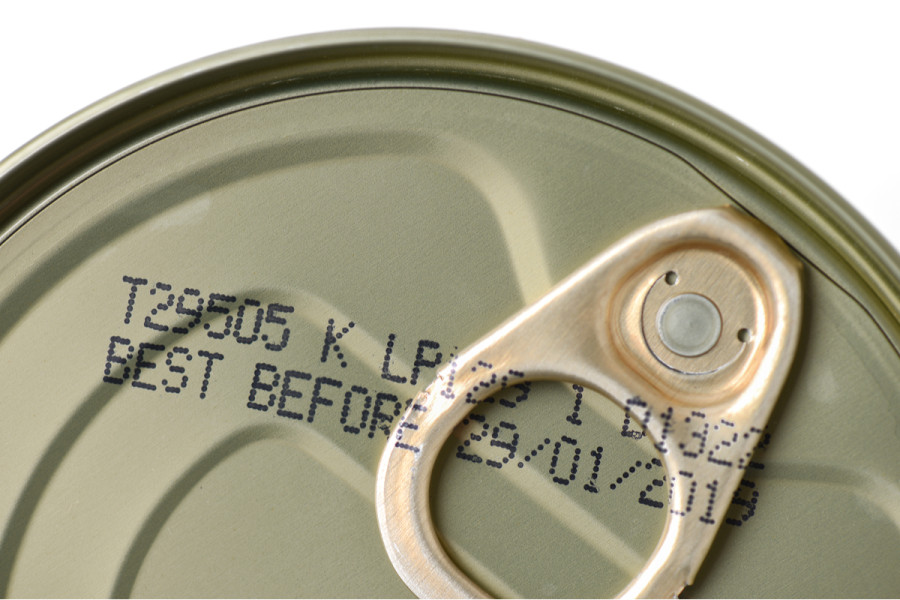Editorial
Substandard mechanisms
It is not surprising that businesses are out to cheat when the government mechanisms are flawed and weak.
Nepalis deserve the same amount of respect, and the same quality of consumer goods, as every other human being. But this simple truth has not stopped a couple of authorised distributors of consumable products from setting up ethically reprehensible operations that changed the sell-by dates on a host of food items. This is disturbing news, and not only because the practice is illegal. Consumable and non-consumable goods have best before or expiry dates for a reason. Beyond that cut-off date, the manufacturer is clearly stating that the quality and safety of the foodstuff cannot be guaranteed.
In the best-case scenario, and still inexcusable, the consumer is being forced a subpar product—perhaps stale or off-flavour—which has been paid for with hard-earned money and trust. But things can go sour quickly from there. Packaged food can be infected in the long run. Seals may be broken or deteriorate over time. This means that a harmless can of tuna or packet of biscuits can, after its expiry date, contain bacteria or mould that can be seriously harmful if ingested. A World Health Organisation report from 2015 has estimated that over 600 million people worldwide suffer from foodborne illnesses each year; food poisoning causes over 400,000 deaths each year.
For a little additional profit, Ayan Distributors, which the Department of Commerce, Supplies and Consumer Protection after their raid mentioned as the authorised distributors of Unilever products in Nepal, and United Distributors, which is a subsidiary of the well-known business house Vishal Group, were willing to risk the lives of countless Nepalis. It is great news that the department has caught the perpetrators red-handed this time. However, it is still unlikely to scare other businesses to stop selling outdated and substandard food products to unsuspecting buyers.
In the fiscal year 2018-19 alone, the Department of Food Technology and Quality Control filed cases against 148 companies and restaurants for failing to meet hygiene standards or for selling contaminated food. Much like the links Ayan and United have to big business houses, many of the 148 entities then were subsidiaries of big corporations such as Bottlers Nepal, Ambe Group and Golchha Organisation, among others. Such examples over the years clearly show that the effect of being caught is not discouraging enough for such businesses—some of which take in millions in profit—to stop their malpractice.
The problem here is clear. The government and political parties actively subvert attempts to counter such practices, protecting the businesspersons and providing them with political patronage. Then, in the few cases that do come to light, it becomes tough to link the activities of subsidiaries to the powerful corporations actually backing them. Already in the recent case, Vishal Group has denied any links—whether direct or indirect—with United Distributors. Finally, it becomes near impossible to prosecute such illicit activities.
Much of this is due to the weak provisions in the Consumer Protection Act 2018. At most, the departments concerned can slap offenders with random fines and shutter a few warehouses while leaving the systemic issues unresolved. When cases are serious enough to warrant real action, the cases are stuck in the civil courts for years. Government mechanisms cannot be so weak to let off known cheats with a simple fine and not push for harsher punishment.
To truly put an end to illicit activities that harm the consumer, the government and lawmakers must have the will to push through stronger measures. It may be too much to ask our subpar leaders and representatives to forgo relations with their alleged corporate masters, but the least they can do is set up a consumer court system that will quickly and satisfactorily resolve consumer protection issues.




 9.89°C Kathmandu
9.89°C Kathmandu














